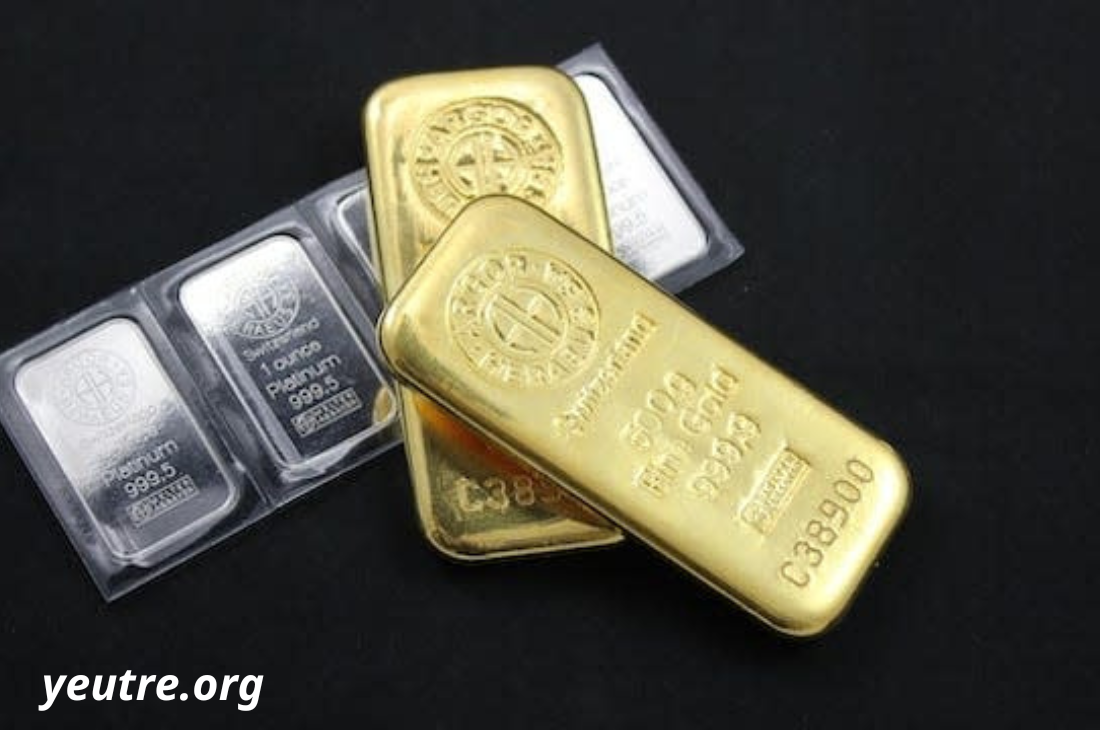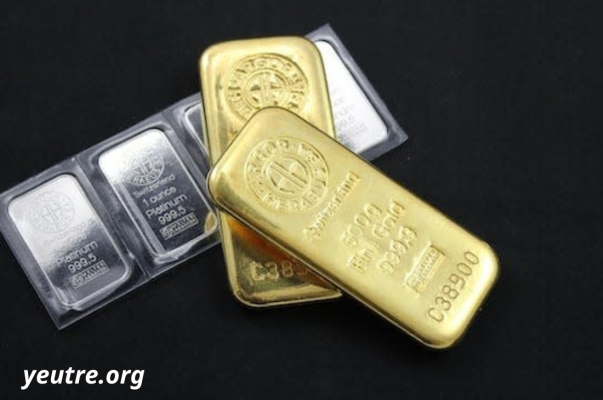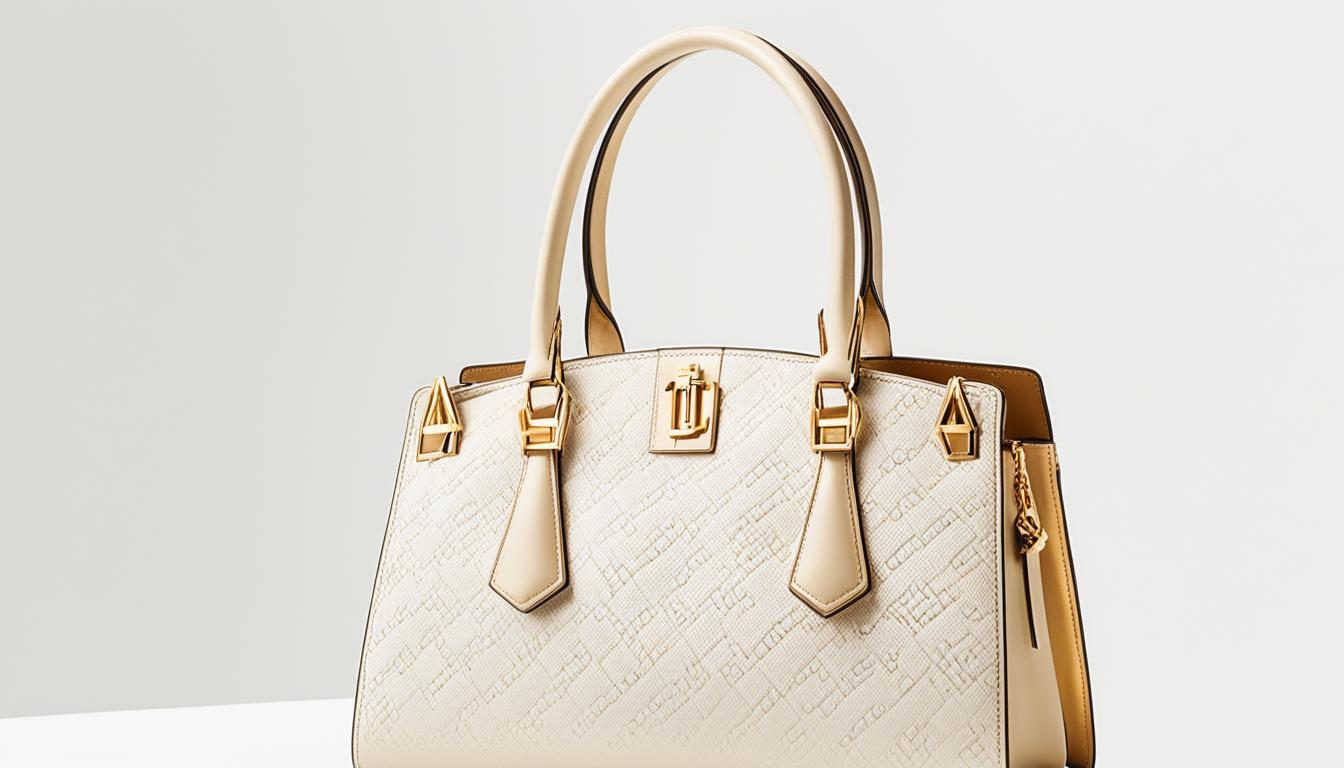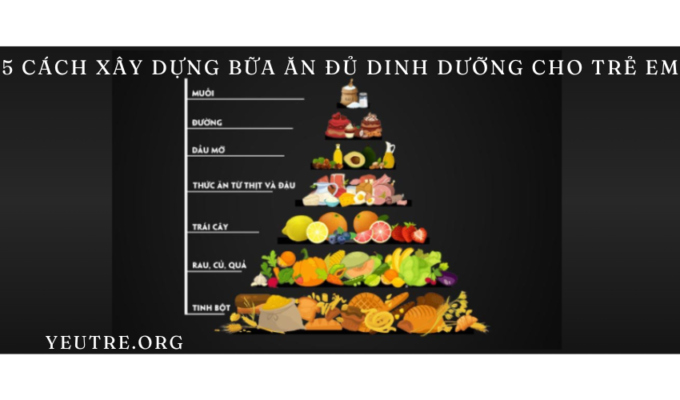Precious metals in jewelry exploring the use and value of materials like gold silver and platinum
Precious metals like gold, silver, and platinum have been the cornerstone of fine jewelry for centuries. These materials are not only valued for their beauty but also for their durability and ability to hold and increase in value over time. Each of these metals has unique properties that make them desirable in different ways, whether for creating exquisite pieces of jewelry or as an investment.
Gold, silver, and platinum are the most commonly used metals in jewelry. They each offer distinct characteristics that appeal to various preferences and budgets. From the warm glow of gold to the sleek, cool appearance of platinum, these metals provide both aesthetic appeal and long-term value.
Key Takeaways
- Gold, silver, and platinum are the most widely used precious metals in jewelry.
- Each metal offers unique benefits, including durability, aesthetic appeal, and investment potential.
- Understanding the properties of these metals can help in making informed decisions when purchasing jewelry.
- Precious metals are not only beautiful but also hold significant economic value.
- Proper care and maintenance are essential to preserve the value and appearance of precious metal jewelry.
Introduction to Precious Metals in Jewelry
Gold, silver, and platinum have been the preferred choices for jewelry making for their luster, malleability, and rarity. These metals have been crafted into beautiful adornments for centuries, and their value has remained consistently high due to their inherent properties.
Gold, known for its rich yellow hue, is often associated with wealth and luxury. Silver, with its shiny and reflective surface, is prized for its affordability and versatility. Platinum, rarer than gold, is celebrated for its strength and resistance to tarnish, making it an excellent choice for fine jewelry that lasts a lifetime.
The Benefits of Gold in Jewelry
Gold is one of the most popular metals used in jewelry due to its lustrous appearance and historical significance. It is available in various purities, with 24-karat gold being the purest form. However, gold is often alloyed with other metals to increase its strength and durability for use in jewelry.
Durability and Investment Value
Gold is highly resistant to tarnish and corrosion, making it an ideal choice for pieces that are worn daily. Its long-standing value in the market also makes it a wise investment. Gold jewelry can be a symbol of wealth, passed down through generations, retaining both emotional and monetary value.
The Versatility of Silver in Jewelry
Silver is another popular choice in jewelry, known for its brilliant white shine and affordability. Sterling silver, an alloy of 92.5% silver and 7.5% other metals, is commonly used in fine jewelry. It is a versatile metal that can be crafted into a wide variety of designs, from intricate filigree to modern minimalist pieces.
Affordability and Aesthetic Appeal
Silver’s affordability makes it accessible to a wider audience, allowing more people to enjoy beautifully crafted jewelry. Its bright and reflective surface complements both casual and formal attire, making it a versatile addition to any jewelry collection.
Platinum: The Ultimate in Luxury
Platinum is considered the pinnacle of precious metals in jewelry, valued for its rarity, strength, and hypoallergenic properties. It is denser and more durable than gold, which means platinum jewelry can withstand daily wear while maintaining its beauty and integrity.
Rarity and Strength
Platinum’s rarity and strength make it a premium choice for those seeking a metal that symbolizes exclusivity and durability. Its naturally white sheen does not fade over time, making it a popular choice for engagement rings and other fine jewelry that is meant to last a lifetime.
How to Care for Precious Metal Jewelry
Proper care is essential to maintain the beauty and value of precious metal jewelry. Gold, silver, and platinum all require different care techniques to prevent tarnishing and damage. Regular cleaning, safe storage, and avoiding exposure to harsh chemicals can help preserve these metals.
Conclusion
Precious metals like gold, silver, and platinum offer timeless beauty and lasting value. Whether you are drawn to the rich luster of gold, the versatile shine of silver, or the enduring strength of platinum, each metal brings its own unique qualities to jewelry. By understanding these metals’ properties and values, you can make informed decisions when selecting pieces for your collection or as investments.
In the world of fine jewelry, the use of precious metals is more than just a tradition; it is a testament to the enduring appeal and intrinsic value these materials hold. As you explore the world of jewelry, consider how each metal can enhance your style and contribute to your long-term wealth.
FAQ
- What are the most common precious metals used in jewelry? Gold, silver, and platinum are the most common precious metals used in jewelry. Each has its own unique characteristics and benefits.
- How does gold’s purity affect its use in jewelry? Gold purity is measured in karats, with 24-karat gold being the purest. However, pure gold is soft and often alloyed with other metals to increase its durability for jewelry.
- What makes platinum a premium choice for jewelry? Platinum is rare, strong, and does not tarnish. Its density and durability make it ideal for fine jewelry that is worn daily, such as engagement rings.
- How should I care for my silver jewelry? Silver jewelry should be cleaned regularly with a soft cloth and stored in a dry, tarnish-resistant bag to prevent oxidation. Avoid exposing it to harsh chemicals.
- Can precious metal jewelry be a good investment? Yes, precious metal jewelry can be a good investment. Gold and platinum, in particular, hold their value over time and can be passed down through generations.
- Why is sterling silver commonly used in jewelry? Sterling silver is an alloy of silver and other metals, making it more durable than pure silver while retaining its bright, reflective appearance.
- Is platinum hypoallergenic? Yes, platinum is hypoallergenic, making it an excellent choice for people with sensitive skin or allergies to other metals.















Post Comment